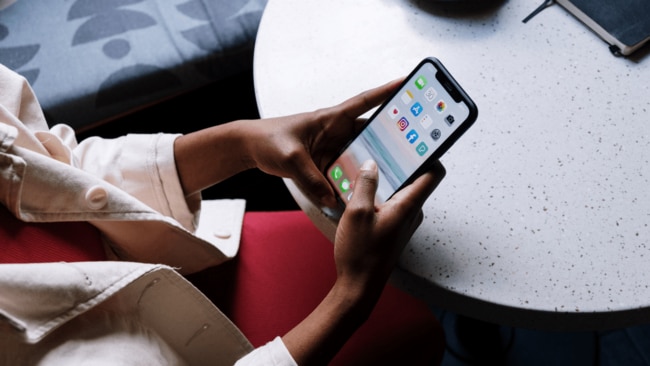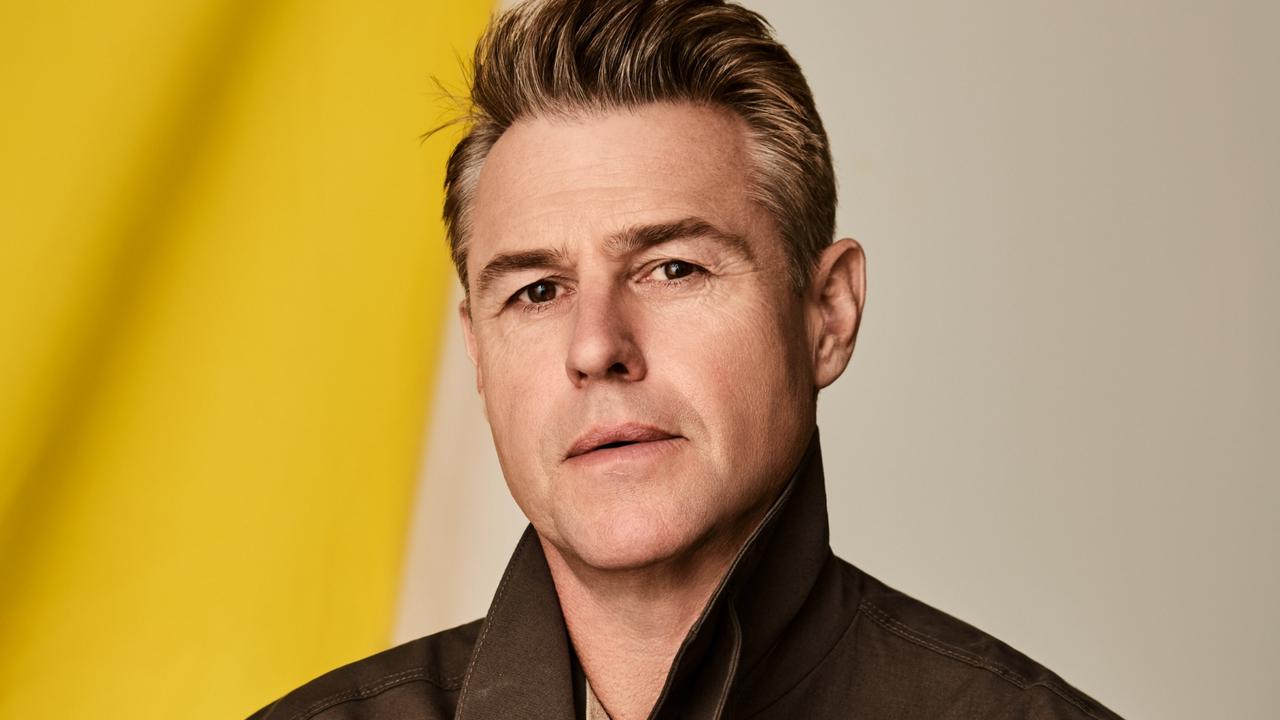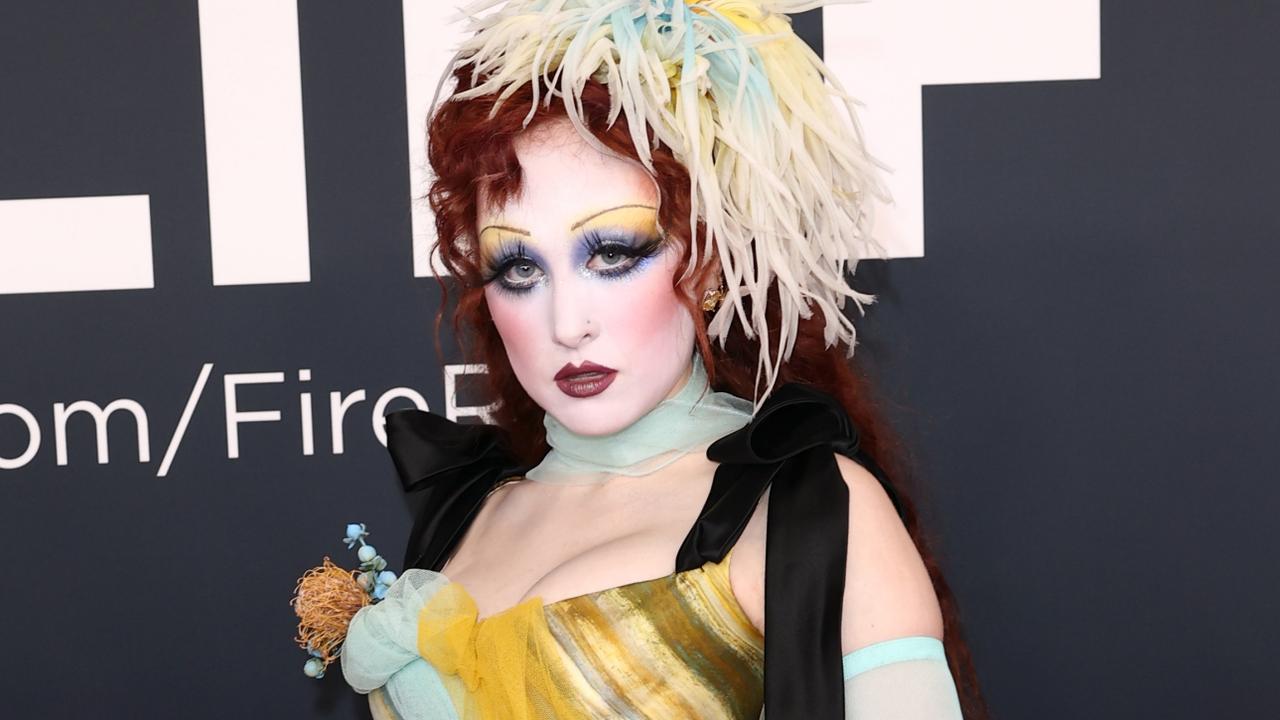Social media urgency is real - and it could be harming your relationships
Switch those notifications off

Lifestyle
Don't miss out on the headlines from Lifestyle. Followed categories will be added to My News.
Responding to notifications every time your phone pings might seem like you're being a good friend or colleague, but it could end up being detrimental in the long run, writes Emily Holgate.
Staying on top of your work inbox each week can be time-consuming, mentally exhausting and sometimes even overwhelming. But what happens when the same ‘inbox zero’ strategy is applied to your DMs?
Before social media, urgent personal news could be delivered over the phone, or even with the dreaded IRL pop-in (we all saw that Seinfeld skit, right?). Now, particularly with Gen Z’s renowned aversion to phone calls, pressing matters are communicated through a multitude of social channels.
Almost every social media platform comes with a direct message option, adding to the burgeoning number of inboxes we need to stay on top of. Important messages, daily group chat gossip, check-ins from old friends and DMs from strangers fill our message banks across texts, Instagram, Facebook Messenger, WhatsApp, iMessage and more. Adding in professional messaging channels such as Slack and Google Hangouts, responding to people can feel exhausting.

Like what you see? Sign up to our bodyandsoul.com.au newsletter for more stories like this.
According to Australian Psychological Society (APS) president and counselling psychologist Dr Catriona Davis-McCabe, social media apps can distract us from - and be detrimental to - real-world relationships by reducing our ability to meaningfully engage and connect with our family and friends in person.
“The proliferation of communication apps for social and workplace interactions makes limiting the use of these apps to safe levels much harder because the collective pressure to engage with these apps continues to grow,” says Dr Davis-McCabe.
“As a result, many people can feel overwhelmed by the pressure to interact online with others and can become more distant as a coping mechanism. People may also resort to social media ‘detoxes’, where they turn off their accounts for a period to boost their mental health as well.”
I have notifications turned off for the majority of my social media apps to avoid social burnout and becoming overwhelmed. Don’t get me wrong, I’m still chronically online – I just don’t have a lock screen filled with an endless number of notifications. But this can often lead to ignoring messages I’ve deemed non-urgent for days, even from my closest friends, leading to guilt when my delayed responses are met with immediate replies that reignite this reclusive social cycle.

I’m not proud to admit that my various inboxes are also littered with a graveyard of perpetually unopened messages. It’s not intentional or malicious – although undoubtedly ill-mannered – but rather a case of filing these conversations under an intangible “I’ll get to this later” folder, and forgetting about them until so much time has passed that even an apology message would seem futile. Coupled with a certain degree of social anxiety, I’m left to sit with the uncomfortable but likely reality that there are people out there who probably aren’t my biggest fans and probably won’t attempt to contact me again. It’s a reality I choose to live with.
With this in mind, we shouldn’t be afraid to set boundaries about the best ways for our loved ones to connect with us, she says. We need to remember to politely enforce those boundaries. “You can also try to organise social activities where phone use will be limited, and create a set timetable for when you allow yourself to use social media,” Dr Davis-McCabe says.
Nonetheless, regardless of my attempts to opt out of the game, the strain of social media urgency continues to rear its ugly head. It can be difficult to avoid the guilt that comes with that little green dot, indicative of one being online, a beacon alerting fellow social media colleagues of your presence. Sometimes I just want to scroll my Instagram feed in anonymity, not liking, not sharing, and not replying to messages.

Still, the active status paired with my username makes the pressure to reply to messages instantly unavoidable. Moreover, most apps including Instagram, TikTok and Facebook alert followers and friends when you’re online, almost inviting them to engage in conversation. In TikTok’s case, it's quite literal – if your friend is active, you’ll get a pop-up in the app stating “Emily is now active! Say hi”. Please don’t say hi! I am doom-scrolling in bed and do not want to be disturbed (I have since figured out how to turn this feature off).
My friends and family know better now than to communicate urgently through any platform other than texting or calling, the only communication channels I keep notifications on for. But that doesn’t mean I haven’t missed my fair share of spontaneous nights out, live reactions to fresh gossip and humorous messages that simply don’t land the same way when replied to 24 hours later.
Needless to say, the urgency of online communication makes me question whether it is harming our relationships or creating a sense of resentment on either side - whether for feeling overwhelmed with constant communication or frustrated at the lack of reciprocity. Perhaps I suspect, it's a bit of both.
More Coverage
Originally published as Social media urgency is real - and it could be harming your relationships





